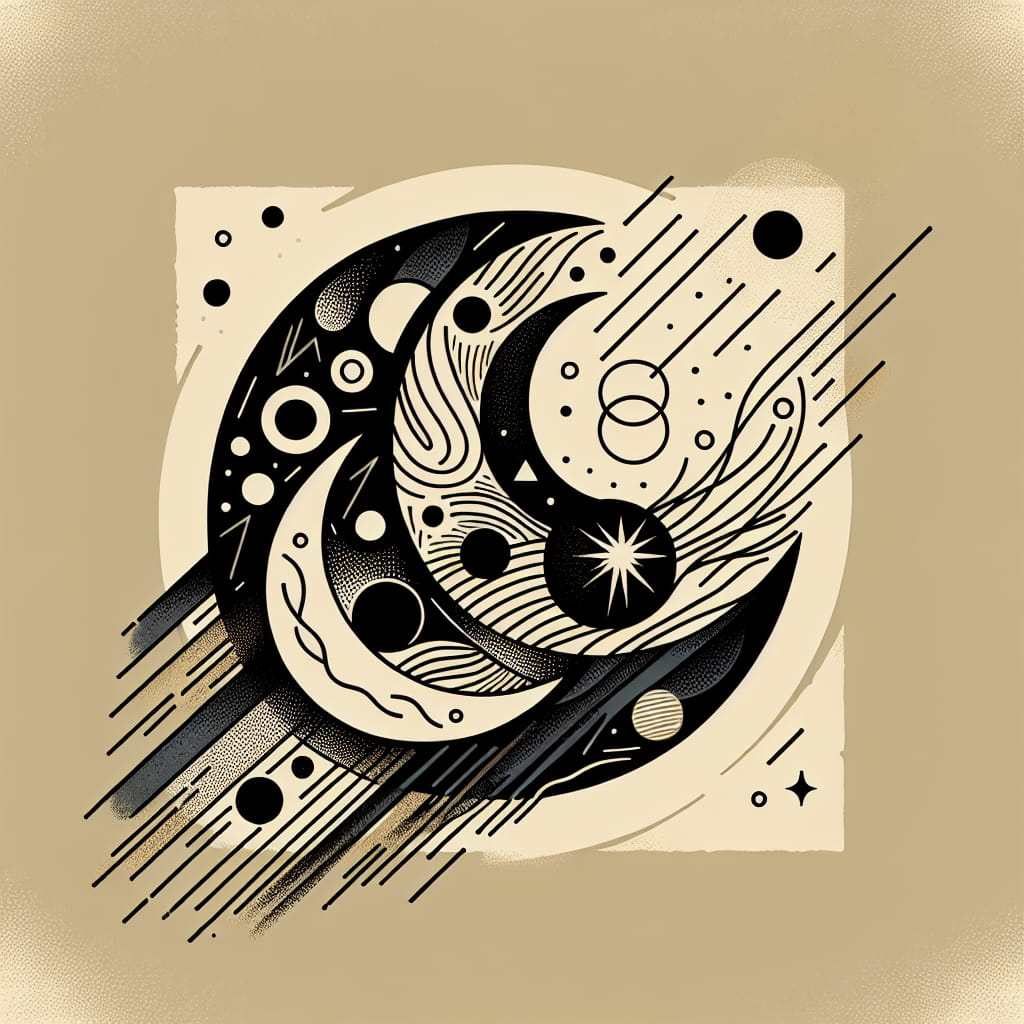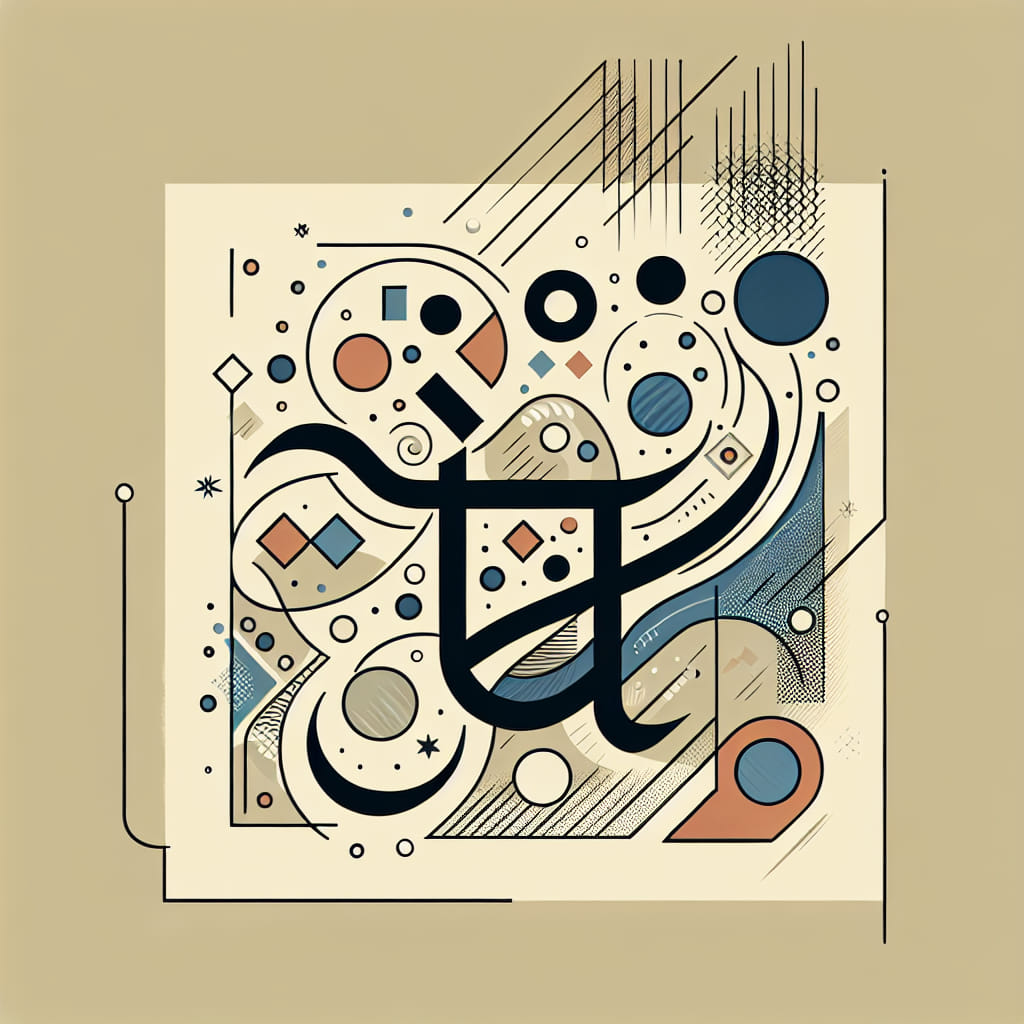· word of the day · 4 min read
Duende: Unlocking Spanish Magic and Cultural Depths
Unlock the magic of Spanish by discovering the word duende, a term rich in cultural and artistic significance that will deepen your language learning journey.

Discovering unusual words in a language can be a thrilling adventure for any learner. These words often carry rich histories and cultural nuances that offer a deeper grasp of the language and its people. Today, let’s dive into one such fascinating word in Spanish that is brimming with historical and cultural significance. By understanding and using these unique words, you not only expand your vocabulary but also gain insights into the culture and traditions that shape the language.
The Word: “Duende”
One of the most enchanting words in the Spanish language is “duende” (pronounced doo-EN-deh). This word doesn’t have a direct translation in English, making it all the more intriguing. “Duende” is a term that captures an array of meanings, from the mystical to the artistic.
Meaning and Cultural Significance
At its core, “duende” refers to a magical or supernatural creature akin to a goblin or elf in Spanish folklore. These creatures are often depicted as mischievous and elusive, inhabiting forests, caves, and even homes. But the word “duende” transcends its folkloric origins to embody a more profound, almost ineffable concept.
In the realm of the arts, particularly in flamenco music and dance, “duende” refers to a heightened state of emotion, expression, and authenticity. It’s that magical moment when an artist transcends technical skill to connect deeply with their audience, evoking intense emotional responses. The Spanish poet Federico García Lorca famously described “duende” as a mysterious force that everyone feels and no philosopher can explain.
Examples of Usage
Folklore Context:
- “Los duendes del bosque son conocidos por ser traviesos y juguetones.”
- Translation: “The forest goblins are known to be mischievous and playful.”
Artistic Context:
- “El cantaor alcanzó un duende que dejó al público sin palabras.”
- Translation: “The flamenco singer reached a state of ‘duende’ that left the audience speechless.”
Idiomatic Expressions and Sayings
“Duende” has also found its way into various idiomatic expressions and sayings, further enriching its cultural tapestry. Here are a few:
Tener duende:
- Meaning: To have a special talent or charm, often used to describe artists.
- Example: “Ese guitarrista tiene duende; su música es increíble.”
- Translation: “That guitarist has a special charm; his music is incredible.”
Buscar el duende:
- Meaning: To seek inspiration or a deeper emotional connection.
- Example: “El pintor pasa horas en su estudio buscando el duende.”
- Translation: “The painter spends hours in his studio seeking inspiration.”
Role in Literature and Folklore
“Duende” has a prominent place in Spanish literature and folklore. Federico García Lorca’s essay “Teoría y Juego del Duende” (Theory and Play of the Duende) is a seminal work that explores the concept in depth. Lorca describes “duende” as a powerful, often dark force that brings a sense of authenticity and raw emotion to artistic expression. According to him, “duende” is not just about technical prowess but about the soul’s struggle and the artist’s ability to convey profound truths.
In folklore, “duendes” are often portrayed as guardians or tricksters. Stories abound of these creatures helping or hindering humans, depending on their whims. They are said to hide household items, play pranks, and even protect treasures. This duality—being both helpful and mischievous—adds layers to the cultural understanding of “duende.”
Enriching Your Language Learning
Learning words like “duende” can significantly enrich your language journey. These words offer more than just vocabulary; they provide a window into the soul of a culture. By delving into the history, folklore, and artistic significance of such terms, you gain a more nuanced understanding of the language and its speakers.
Moreover, using words like “duende” in conversation can make your Spanish sound more authentic and expressive. It shows that you are not just learning the language but also engaging with its cultural context. This deeper connection can make your language learning experience more rewarding and enjoyable.
If you’re keen to explore more such fascinating words and enhance your Spanish skills, consider downloading the Glosa app. It’s a fantastic tool for language learners, offering a wealth of resources to help you master Spanish.
Final Thoughts
Words like “duende” remind us that language is more than just a means of communication; it is a repository of culture, history, and human experience. By embracing these unique terms, you enrich your vocabulary and deepen your connection to the language. So the next time you come across an unusual word, take a moment to explore its roots and significance. You might just find yourself captivated by the stories it has to tell.
Happy learning!




